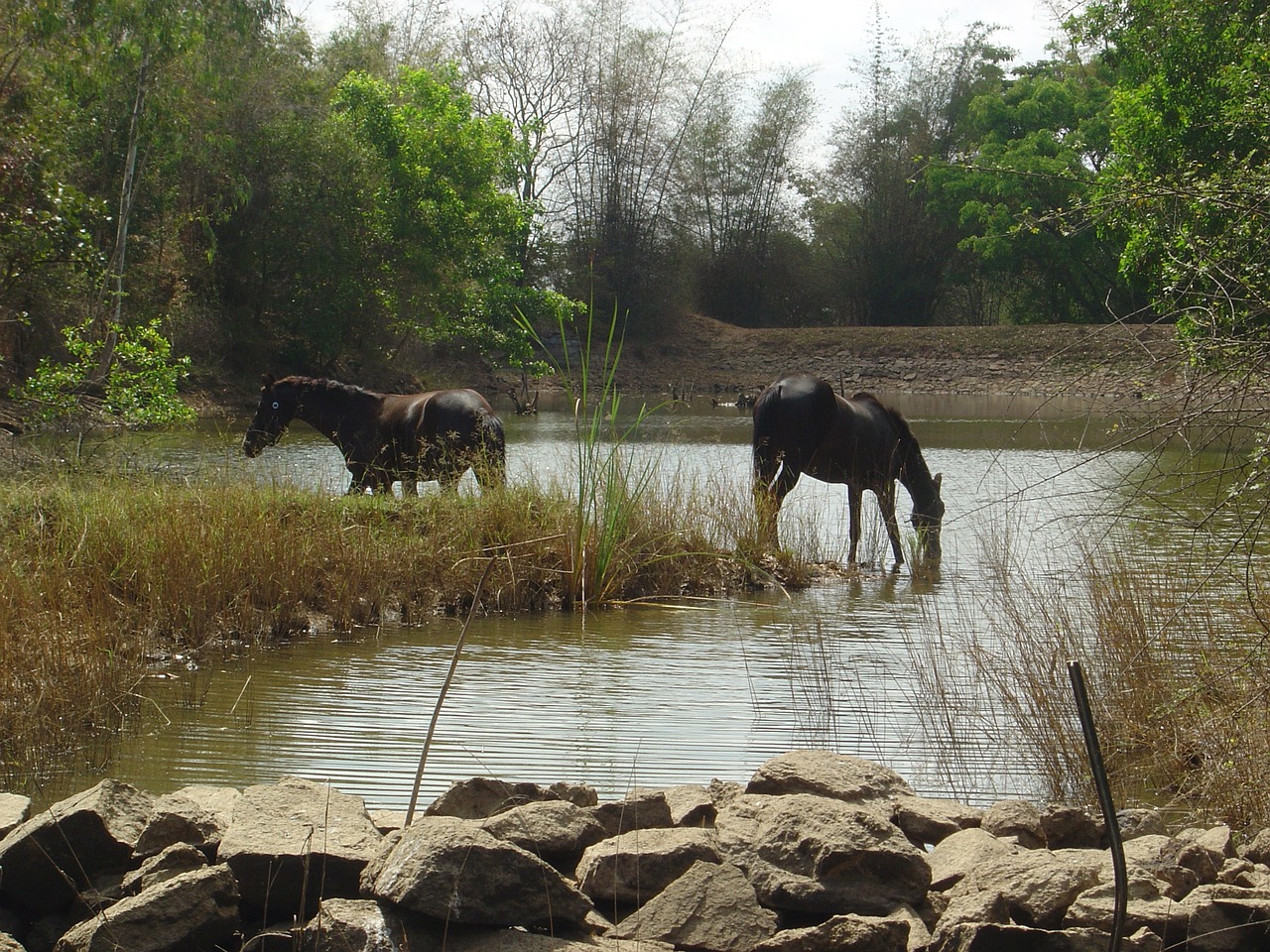How to Use Mobile Apps for PAC Engagement: Gold bet 7 sign up, Radheexchange, 11xplay
gold bet 7 sign up, radheexchange, 11xplay: The Impact of PACs on Climate Change Policy
When it comes to shaping climate change policy in the United States, Political Action Committees (PACs) play a significant role. These organizations raise and spend money to elect or defeat political candidates who support their interests. PACs can have a powerful influence on lawmakers and government policies, including those related to climate change. In this article, we will explore the impact of PACs on climate change policy and how their actions can shape the future of environmental regulations.
The Role of PACs in Climate Change Policy
PACs represent a wide range of industries and interest groups, from fossil fuel companies to renewable energy advocates. These organizations use their financial resources to support candidates who align with their views on environmental issues. By donating to political campaigns, PACs can gain access to policymakers and influence decision-making on climate change legislation.
For example, fossil fuel companies are known to donate large sums of money to candidates who oppose regulations on carbon emissions and other environmental protections. These contributions can sway lawmakers to prioritize the interests of these industries over the need for stronger climate change policies. On the other hand, PACs representing renewable energy companies may support candidates who advocate for clean energy initiatives and regulations to reduce greenhouse gas emissions.
The Influence of PACs on Lawmakers
PACs can have a significant influence on lawmakers through their campaign contributions and lobbying efforts. Elected officials rely on donations from PACs to fund their campaigns, and these financial contributions can impact their decisions on climate change policy. Lawmakers may be more inclined to support policies that align with the interests of PACs that have supported them financially.
In addition to direct campaign contributions, PACs engage in lobbying activities to influence policymakers. By meeting with lawmakers, organizing events, and providing information on their positions, PACs can shape the debate on climate change policy and advocate for policies that benefit their industries. This lobbying can lead to changes in legislation and regulations that impact the environment and society as a whole.
Challenges and Opportunities for Climate Change Policy
While PACs can wield significant influence over climate change policy, there are also opportunities for positive change. As public awareness of the impacts of climate change continues to grow, there is increasing pressure on lawmakers to take action. Environmental advocacy groups and grassroots organizations are mobilizing support for policies that prioritize sustainability and address the challenges of climate change.
In recent years, there has been a shift towards renewable energy sources and a recognition of the need for stronger environmental protections. This shift is due in part to the efforts of organizations and individuals who are advocating for policies that prioritize the health of the planet and future generations. By raising awareness and mobilizing support, these groups are challenging the influence of PACs that prioritize corporate interests over environmental sustainability.
By working together, lawmakers, advocacy groups, and the public can push for policies that address the challenges of climate change and promote a sustainable future. While PACs will continue to play a role in shaping climate change policy, it is essential for all stakeholders to prioritize the health of the planet and take action to protect the environment for future generations.
FAQs
Q: Are PACs required to disclose their donors?
A: Yes, PACs are required to disclose information about their donors and expenditures to the Federal Election Commission (FEC).
Q: Do PACs have limits on how much money they can donate to political campaigns?
A: Yes, PACs are subject to contribution limits set by the FEC, which vary depending on the type of PAC and the election cycle.
Q: Can individuals contribute to PACs?
A: Yes, individuals can donate to PACs, but their contributions are subject to the same limits as contributions from corporations and other organizations.
Q: How can I find out more about the PACs that are involved in climate change policy?
A: You can research PACs and their activities on websites such as OpenSecrets.org, which tracks campaign finance data and provides information on PAC contributions and spending.
Q: What can individuals do to support climate change policy?
A: Individuals can contact their elected officials, participate in advocacy campaigns, and support organizations that are working to address climate change through policy and actions.
In conclusion, PACs play a significant role in shaping climate change policy through their financial contributions and lobbying activities. While these organizations can influence lawmakers and policy decisions, there are opportunities for individuals and advocacy groups to push for policies that prioritize sustainability and environmental protections. By working together, we can address the challenges of climate change and create a healthier planet for future generations.







